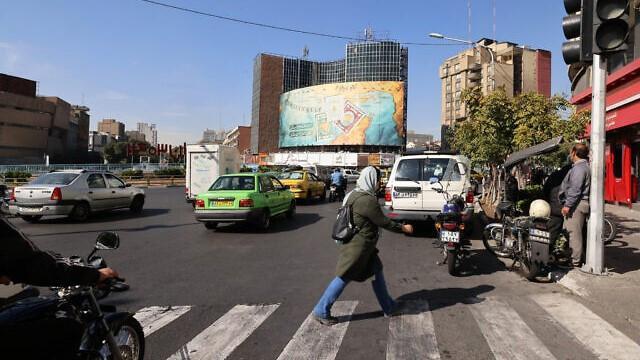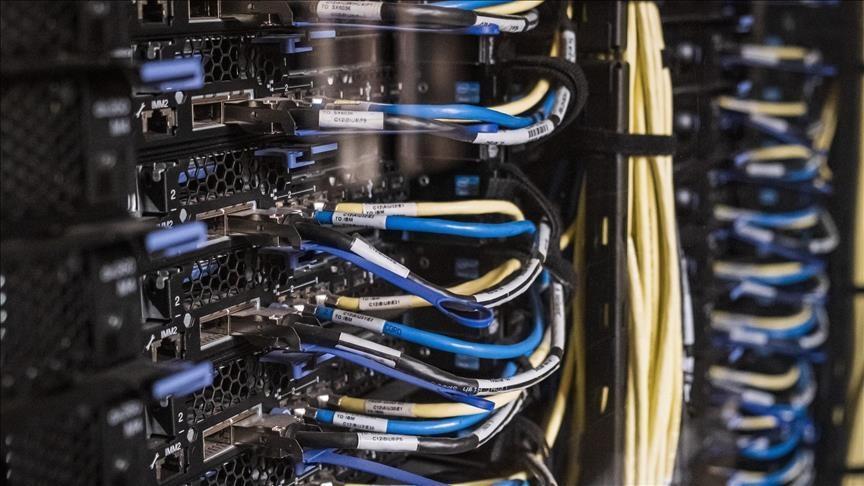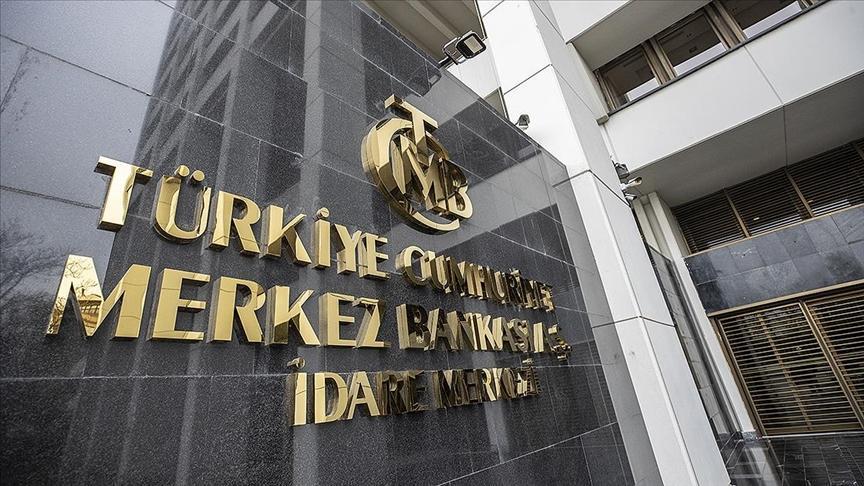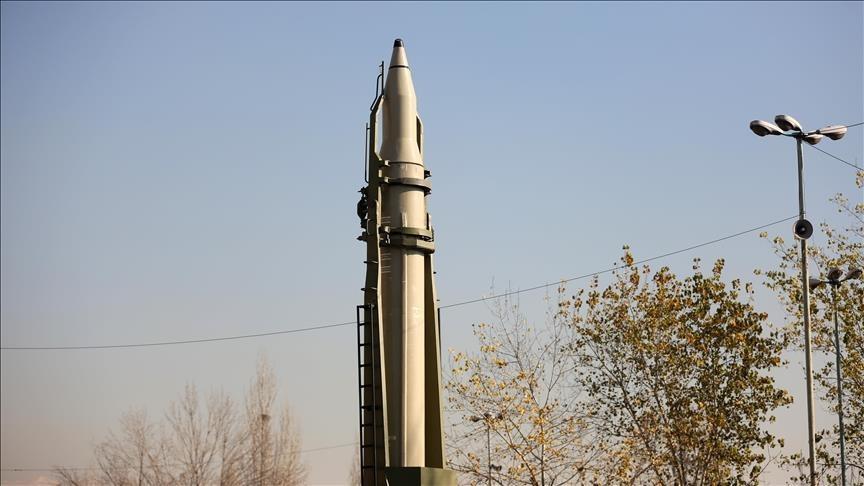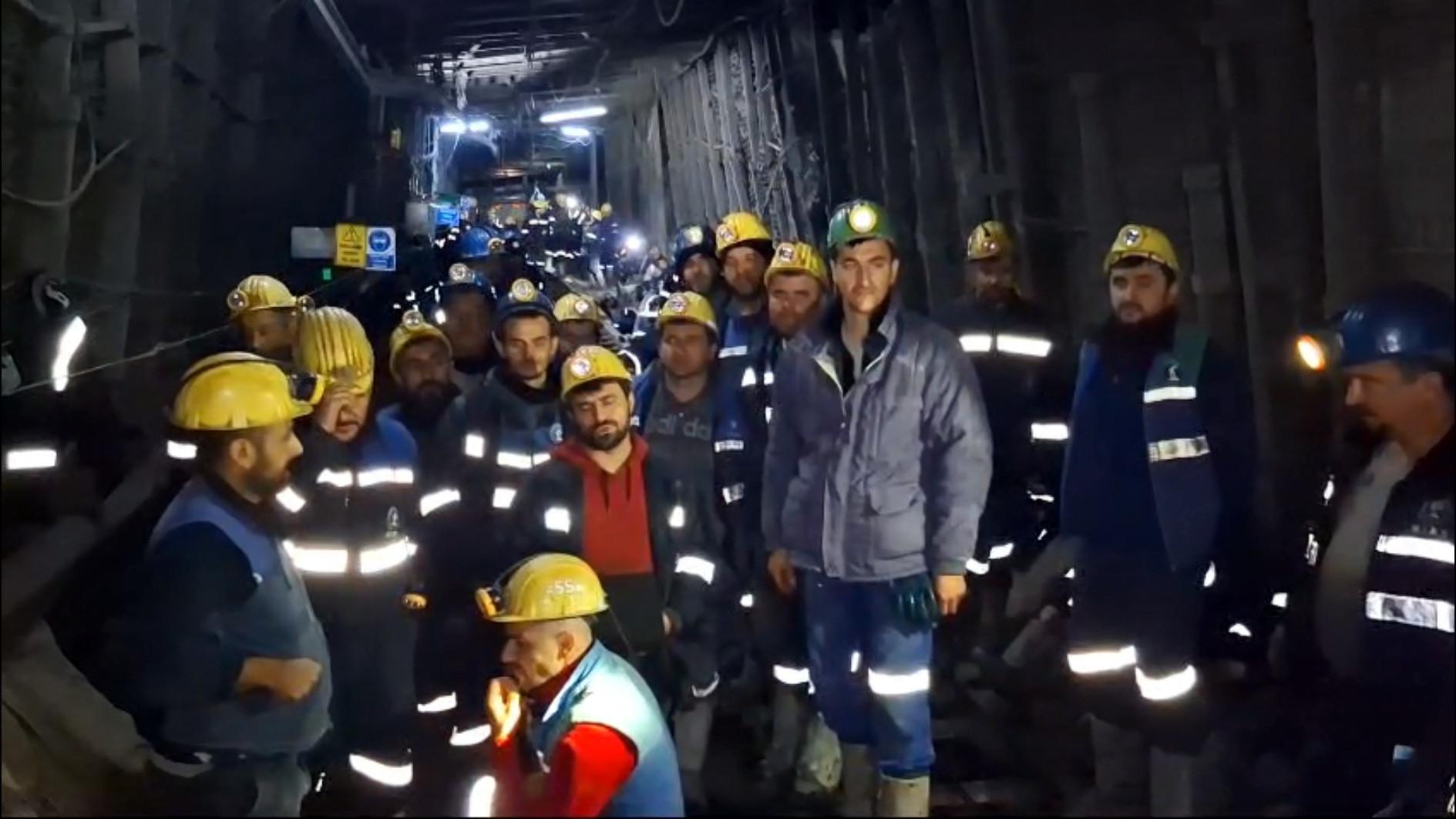Kurdish autonomy, Turkish reaction and political balances
Turkish President Tayyip Erdoğan slammed the Kurdish problem-focused Peoples’ Democratic Party (HDP) before departing to Riyadh on Dec. 29 for supporting autonomy rights at a time when a number of towns and neighborhoods in Turkey’s dominantly Kurdish-populated east and southeast have been under curfew for almost a month amid ongoing clashes between the country’s security forces and the outlawed Kurdistan Workers’ Party (PKK).
Erdoğan said those who asked for autonomy had committed treason, without giving any names, but he was obviously reacting to a statement by HDP co-chair Selahattin Demirtaş made a day before in southeastern Diyarbakır, as sporadic clashes claim more lives every other day in the city’s Sur neighborhood, one of the districts under curfew. Erdoğan also said that “those” bringing up autonomy were acting upon Russian “whispers” in their ears, a reference to Demirtaş’s recent visit to Moscow, following the ones to Washington and Brussels.
HDP co-chair Figen Yüksekdağ responded to Erdoğan within hours in parliament, saying they wanted autonomy or self-rule not only for Kurds but also for all people in Turkey. It is true that such a pledge is in the HDP’s party program, but the timing to voice autonomy when the PKK is up in arms for the same purpose infuriates the Turkish government.
Prime Minister Ahmet Davutoğlu has taken the HDP off the list of planned meetings with other parties to discuss a potential new constitution. Two courts have opened probes against Demirtaş for his words.
The PKK in return has threatened to commit armed strikes in Turkey’s large western cities if immediate peace talks including the issue of autonomy do not begin. That was not the position of the PKK in March 2013, when its imprisoned leader, Abdullah Öcalan, had reached a framework deal with the Justice and Development Party (AK Parti) government through talks with the National Intelligence Organization (MİT) and the facilitation of the HDP. By then the Islamic State of Iraq and the Levant (ISIL) was only an emerging factor in Syria (there was no problem like Kobane, or Jarabulus, or the Tishrin dam, as there is today) and the PKK’s targets were rather more reformist than revolutionary compared with today. But when the HDP reached a framework deal with the government on the 2013 conditions in February 2015, the PKK thought a new deal was needed according to the new circumstances; the PKK and its Syrian branch, the Democratic Union Party (PYD), was helping the U.S.-led coalition, Kobane was not left to ISIL’s hands thanks to the U.S. support to the PYD and U.S. pressure on Turkey and the PKK had access to abundant human resources once again. The PKK headquarters in the Kandil Mountains of Iraq thought the international political balances were ripe for an independent Kurdistan, or at least autonomy, by copying the Kobane “canton” experience to towns and cities in Turkey.
Erdoğan was already uneasy with the HDP deal, thinking that it might cost the AK Parti Turkish nationalist votes in the June 7 elections, which turned out to be true. When the PKK said the dialogue was over and started killing security people once again after three years of silence, Erdoğan (and Davutoğlu) retaliated strongly, took the nationalist lead and regained the parliamentary majority in the Nov. 1 elections. Then came the PKK’s move to create armed-backed, self-declared autonomy attempts.
It seems the PKK is seeking international support for that, relying on their ground support in Syria against ISIL, but it can neither get the support it desires from the outer (especially Western) world nor from the majority of Kurdish citizens, who have started to leave the clash zones quietly and also started to make calls on both the government and the PKK to put an end to this tension. Recent reports indicated that the government is well aware the extension of the anti-PKK operations might alienate people in the southeast and erode the patience in the west.
There are reports that Russia (especially after the downing of their jet by Turkey on Nov. 24) and Iran have been taking the opportunity to hurt Turkey by encouraging the PKK because of the proxy war in Syria. And it is a fact that the U.S.-led coalition (which Turkey is an effective member of) needs the Kurdish militia in their fight against ISIL now. But it would be a miscalculation to compare Turkey’s place in regional politics with the PKK’s tactical role in the ISIL fight for the time being. Also, Turkey’s potential in the Syria refugee situation and reactivating relations with the European Union, as well as the reconciliation moves in Cypriot and Israeli relations, takes up all the attention of Turkey’s Western allies, leaving little space to what is happening inside Turkey, to the quality of Turkish democracy, nowadays.
The ongoing fight is almost now a replica of what had happened in the 1990’s, with only the shifting circumstances in Syria being different; it is neither sustainable nor will produce any positive result for the well-being of the people in Turkey. The government must find a way to decrease the tension, which will also help Turkey’s foreign policy.



